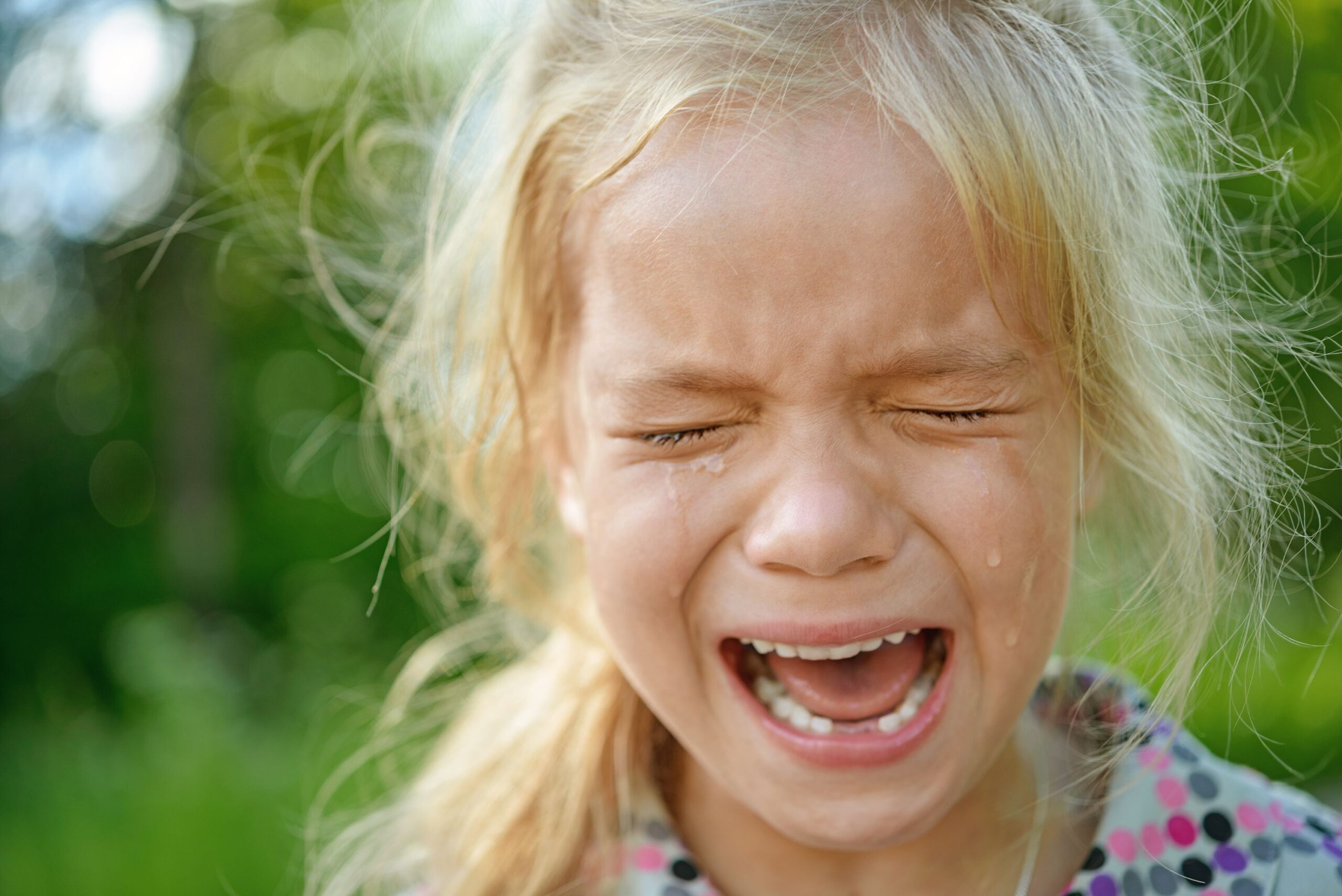If your child recently began therapy and you’ve noticed their behavior is becoming more emotional, more intense, or even more oppositional, you’re not alone—and you’re not imagining things. In fact, this shift often signals that important emotional work is taking place.
For children around ages 6-11, who are navigating the developmental stage of industry vs. inferiority, the internal stakes are high. At this age, kids are learning to answer the question “Am I capable and good enough?”
Perfectionism, people-pleasing, and anxiety often stem from the deep fear of being not enough or letting others down. So when therapy begins to soften their defenses, it can temporarily stir up big emotions and behavioral regressions. Let’s explore why this happens—and why it’s actually a sign of progress.
The “Industry vs. Inferiority” Stage: Why It Matters
Between the ages of 6 and 11, children are in a developmental stage where their sense of competence is being shaped. They want to be:
- Good at school
- Good at friendships
- Good at making others happy
Children in this stage are externally motivated—they often look to adults, teachers, and peers to determine their worth. For a child with high perfectionism and people-pleasing, this can create tremendous internal pressure. Therapy invites the child to explore who they are beneath all that striving—to ask: “Can I be accepted even when I’m not perfect?”
This is where things get messy… and meaningful.
Why Behavior May Get Worse Before It Gets Better
Emotional Safety = Emotional Expression
Children who appear “easy,” compliant, or overly mature are often hiding stress behind a mask of perfection. Once therapy becomes a safe space, that mask starts to slip—and the feelings underneath begin to emerge. This might look like:
- Defiance at home
- Increased crying or tantrums
- Clinginess or refusal to attend school
Though uncomfortable, this is often a child’s way of saying, “I don’t have to hold it all together anymore.”
Letting Go of Control Feels Risky
For anxious or perfectionistic children, control is safety. In child-centered play therapy, children are invited to lead the process, take risks, and make mistakes in a non-judgmental space. But at first, that freedom can feel scary and disorienting. This may lead to more emotional outbursts as the child adjusts to not having to be perfect.
Testing Trust
Children often “test” the therapist’s capacity to handle their big feelings—and yours too. This is their way of asking: “Will you still accept me if I mess up or fall apart?”
These tests often show up as increased oppositional behavior or emotional swings. Staying calm and consistent helps children internalize a powerful message: “You are loved and accepted as you are.
Internal Conflicts Rise to the Surface
Therapy surfaces conflicting parts of a child’s identity:
- The part that wants to be loved vs. the part that wants independence
- The rule-follower vs. the emotional self
As these parts emerge, children may seem confused, irritable, or dysregulated. This is emotional integration in process.
Healing Isn’t Linear
Therapeutic work—especially with children—is rarely a straight line. A child may have several sessions of deepening trust and play, followed by a sudden surge in anxiety or frustration. This “therapeutic dip” can feel discouraging to parents, but it is often necessary for long-term healing.
What You Can Do To Help Your Child
Stay Steady
Children need your calm presence even more when their emotions feel chaotic. You are their anchor.
Normalize Imperfection
Gently reinforce that it’s okay to make mistakes and that their value isn’t tied to doing everything right. This directly nurtures the “industry” side of the developmental stage.
Collaborate with the Therapist
Share what you’re seeing at home and ask for strategies or reassurance. Therapy is a team effort.
Growing Through the Storm
Yes—therapy can feel disruptive at first. But the goal isn’t to keep your child “well-behaved” on the surface. The goal is to help them build a strong internal foundation—one where they know they are worthy even when they make mistakes, get mad, or fall apart. In other words, we’re helping your child learn that they are capable and worthy, not just when they perform, but when they are fully themselves.
Sometimes, the storm comes right before the growth.
Play Therapy in Richmond, Texas
If you are wondering if play therapy is right for your child, please feel free to contact us at 832-521-8809 for a free parent consultation. We’d love to talk with you and help you find the support you need.


